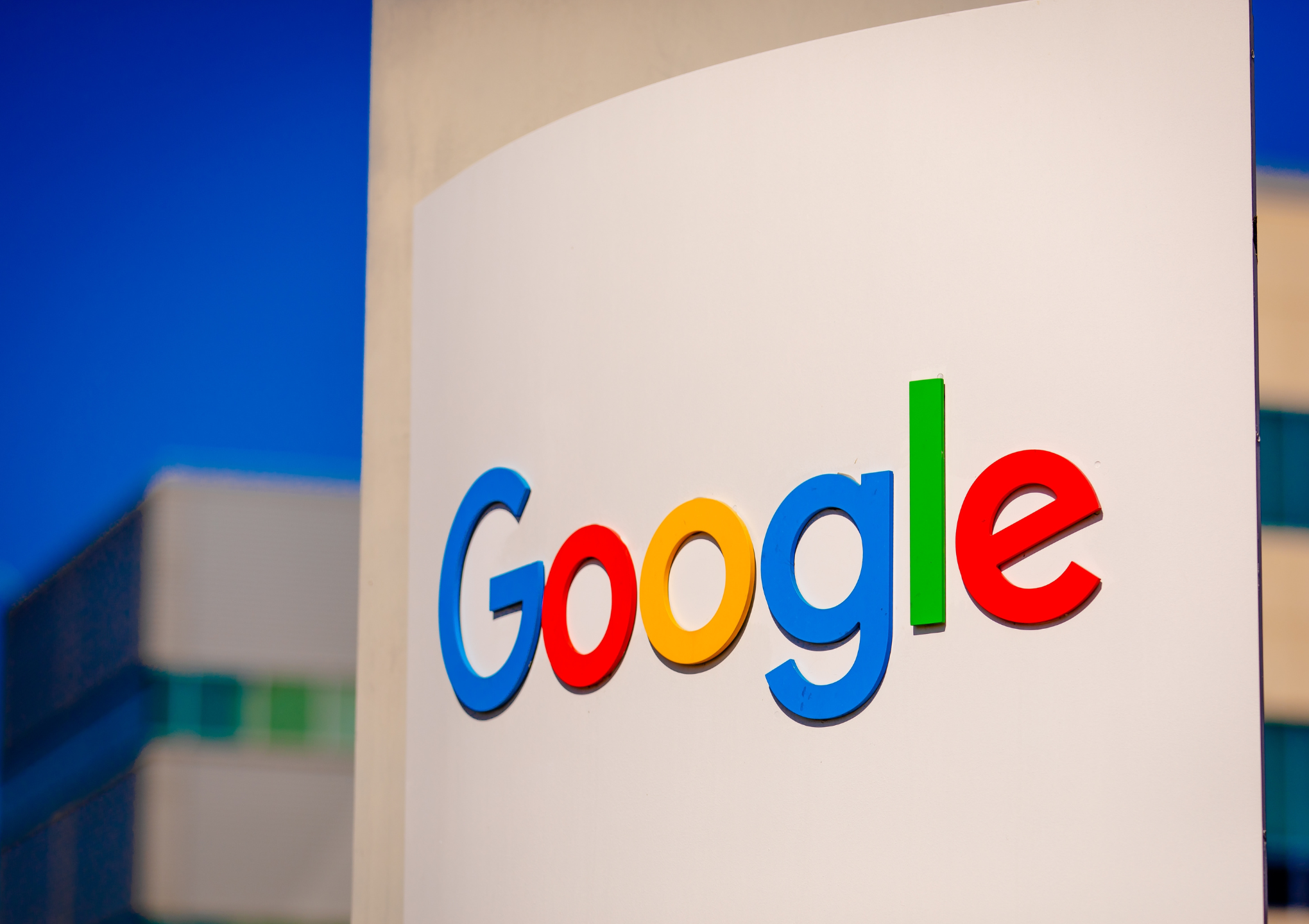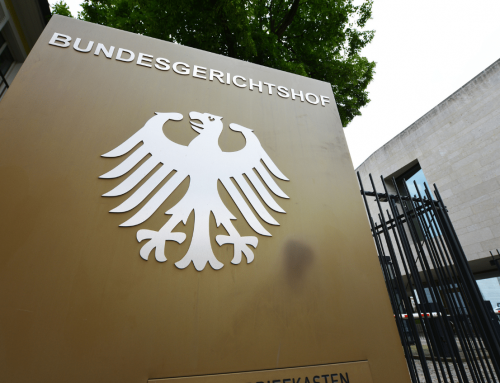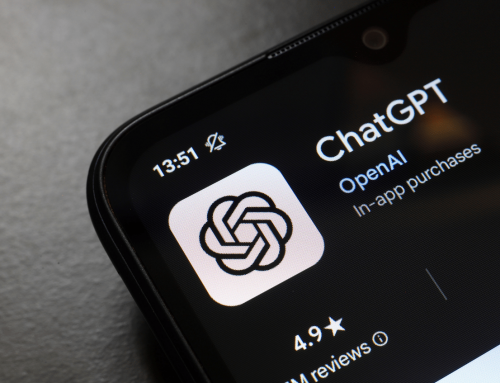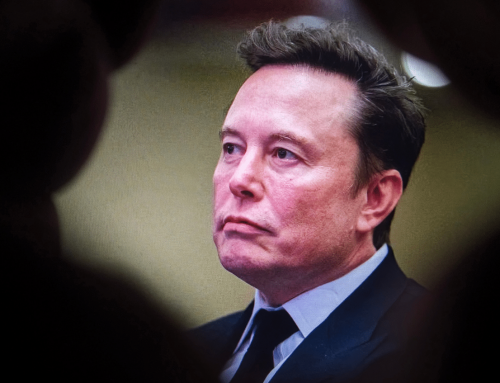bluestork / shutterstock.com
From signpost to terminus: Is Google losing its neutral role?
What happens when Google stops just linking - and instead provides the answers itself? This is precisely the core of an explosive lawsuit that has now been filed by the US media group Penske Media. The company, which owns well-known titles such as Rolling Stone and Hollywood Reporter, is taking legal action against Google's new AI search results.
This is because people searching on Google often get an AI-generated answer directly on the results page first - and no longer have to click on a link. According to Penske, this is a problem: users stay on Google, the clicks on journalistic content fail to materialize. And with it the advertising revenue on which many media companies live.
Who benefits from AI answers - and who foots the bill?
Google wants to become smarter - and its AI not only delivers search results, but also the "perfect" answer to the question asked. Sounds convenient for users. But for the sources of this information, it means a massive cut: Their content is read, summarized - but hardly ever visited directly.
Penske Media accuses Google of exactly that: An unfair competitive advantage, enabled by its dominant position in web search. Because in order to be visible on Google at all, website operators have to allow Google crawlers to access their content. And this content now apparently not only ends up in the results list - but also directly in the "AI Overview", the AI summary field above the regular results.
For Penske, this is a clear violation of US competition law. The lawsuit was filed with the competent court in Washington - the same court that had already established Google's monopoly in web search in 2023.
Google defends itself - and points to "billions of clicks"
Google itself naturally sees things differently. A spokesperson explained that the new AI search is more helpful and efficient for users - and even leads to more attention being paid to content online. The claim: the AI summaries direct people to sources in a more targeted and varied way - not fewer clicks, but more clicks for everyone.
At the same time, Google emphasizes that in the new age of AI, it has to hold its own against the competition - for example, against start-ups that also provide direct answers instead of links. And the market is changing rapidly, even for Google itself.
AI intensifies competition
When the world's largest search engine operator starts behaving like a publisher, alarm bells should ring for real publishers. Because Google has long since not only decided what is found - but now also whether it is visited at all.
Can the whole thing be challenged under antitrust law? Quite possibly. But above all, it shows that the AI boom has reached a new level - and this time it's not the artists or authors, but entire industries that have to ask themselves whether their content is still valued or just being exploited.
Those who create knowledge online don't just want to be read - they also want to survive. And that is exactly what is at stake now.







